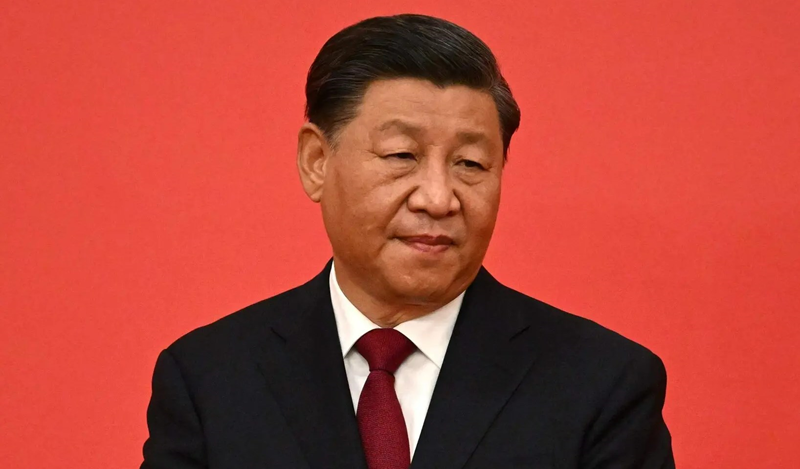In July, US Secretary of State Antony Blinken said that a meeting between Biden and Xi is likely to happen at some point in the coming months.
US President Joe Biden expressed on Thursday his continued hope to meet his Chinese counterpart Xi Jinping at the G20 summit in India, despite media reports saying that the latter will not attend the event.
“The answer is I hope he attends,” Biden said when asked whether he hoped Xi would be at the gathering.
Earlier on Thursday, media reports said that Xi is likely to skip the upcoming summit in New Delhi, scheduled on September 9-10.
According to Reuters, citing people close to the matter, Chinese Premier Li Qiang is expected to represent China at the summit instead.
In July, US Secretary of State Antony Blinken said that a meeting between Biden and Xi is likely to happen at some point in the coming months.
The last time Biden and Xi met in person was in November 2022 at the G20 summit in Bali, Indonesia. The two agreed to maintain open lines of communication in an effort to improve the strained US-China relationship
US-China relations have been strained due to a series of provocative actions by the US which include visits by US lawmakers to Taiwan, fabricating false information on an alleged ‘China threat’ to destabilize diplomatic relations with regional neighbors, and more generally the spread of anti-Chinese sentiment across the globe.
The US has been actively pressuring countries across the globe to refrain from purchasing semiconductors and other advanced technologies from Chinese firms in China, instead advocating for the domestic manufacture of microchips via the promotion of the CHIPS Act.
The US says products made by its companies are being utilized in Chinese military and surveillance programs, prompting the government to offer incentives, including grants and tax credits, for chip makers who start up their operations in the US.
In the last BRICS summit which was held in Johannesburg, South Africa, China issued a number of demands in its BRICS declaration, aiming to undermine Western hegemony at the expense of the multipolar world.
One of the demands that were voiced by China in its declaration was to reform international institutions, in particular the World Bank and the IMF, which are both largely dominated by the US.
It also called for a “comprehensive reform” of the UN, which Beijing regards as biased and Western-centered.
Source: Almayadeen



